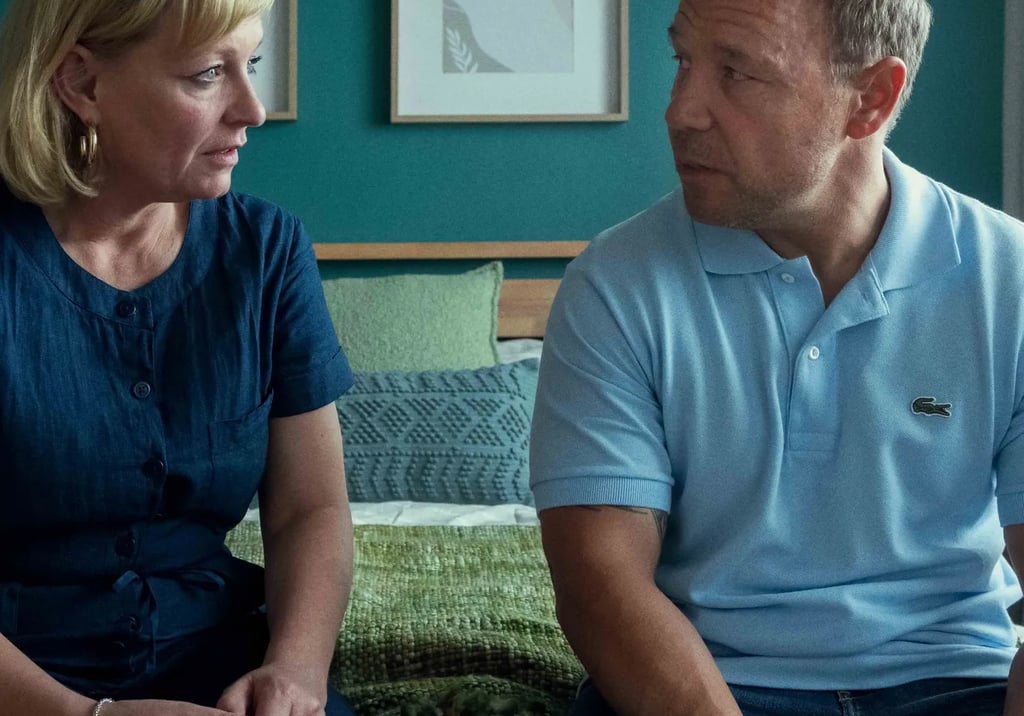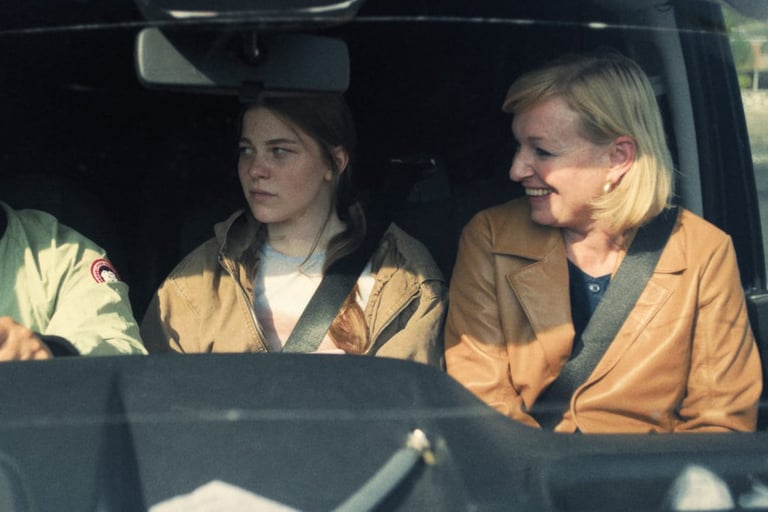‘Adolescence’ and parental should haves : Emotional unavailability and negligent parenting
On the Netflix show 'Adolescence' and how far it goes to call out parental negligence and it's cumulative impact.
WRITINGNETFLIXADOLESCENCESERIES REVIEWPARENT-CHILD RELATIONSHP
Sandra Baiju
4/11/20253 min read


The emotional landscape of parental guilt with its nuances and contradictions seems to be something that has been intricately woven into the fabric of the show Adolescence. While the ‘limited series’ progresses to cover a crime that seemed nearly impossible to believe until supplemented with evidences, parent-son relationship, father-son relationship specifically seemed to come into picture, fitting like a missing puzzle piece that you quite didn’t know was a part of the puzzle, but was the center piece all way long.
“You never called me son”: What does it take to mend the broken bridge?
We witness, in the very beginning of the series, a voicemail interaction between D.I Bascombe and his son Adam which in my opinion is precisely positioned – the parent-child emotional / communication disconnect in its early phase. Ranging from lack of proper inquiry into the cause of his son’s flimsy excuses as to avoid school, to a private interaction where Adam indicates how he doesn’t feel prioritized in his dad’s busy life that alternates between gym and work, we see quite a trajectory of shifting phases of a father-son relationship. All the events, perceived from two vantage points(of Adam’s and D.I Bascombe’s) point towards the same issue that looms large : lack of communication – between a dad who never wanted kids and a son who doesn’t feel prioritized enough to report to his parents about being a victim of bullying.
“He was in his room, we thought he was safe” : The should haves, would haves and could haves
The last 20 minutes of the last episode serves as a portrayal of the couple desperately trying to piece together, in retrospect, their approach and involvement in raising Jamie. The emotional turmoil, when verbalized, spreads across the spectrum : from recounting how reclusive Jamie has been, the alarming number of hours he spent on his computer, to how they admit “he (Jamie) was in his room, we thought he was safe”, to Amanda and Eddie reassuring each other with teary eyes and a heart weary of the turbulence that they both were good parents. Serving a perfect closure while leaving a trial of questions in it’s wake, starting with “I do sometimes think we should have seen it, stopped it”.
Though Eddie has significantly deflected from emulating his own father’s parenting style which involved corporal punishment, several moments of subtle ignorance or lack of approval from his part, especially his unconcealed disappointment at his son’s lack of interest/expertise in sports, has affected Jamie’s slighted understanding of ‘masculinity’. This builds up and manifests in the form of violent outbursts aimed at his therapist whom he perceives as the locus of reassurance – that he’s masculine, not ‘ugly’ and that everything, including his dad’s disappointment in him was all ‘in his head’. This moment serves as a crucial turn of event, a culmination of cumulative emotional parental negligence. The show ends with a closure where the couple takes consolation in the extent of understanding and forgiveness their elder daughter displays when she admits “we’re not leaving Jamie. He’s one of us”. “How did we make her?” Eddie asks to which Amanda replies “The same way we made him (Jamie)” - the most gut wrenching at the same time heartwarming exchange in the entire show.
While the questions “what do you need a gun for, he’s just thirteen!” seems to answer itself as the show progresses, the audience are forced to confront questions that has been ignored – how should parenting be done in order to trudge safe on the fine line between respecting a child’s privacy and making sure the child is not being the targeted audience of red pill propaganda? In a day and age where a screen becomes the puppeteer of adolescents, frequent, healthy communication between the parents and the child takes on the role of sole savior given that it is the only passageway where both the parties meet in the middle – and hopefully shed light on both starkly contrast worlds and make the much needed effort to comprehend each other.

